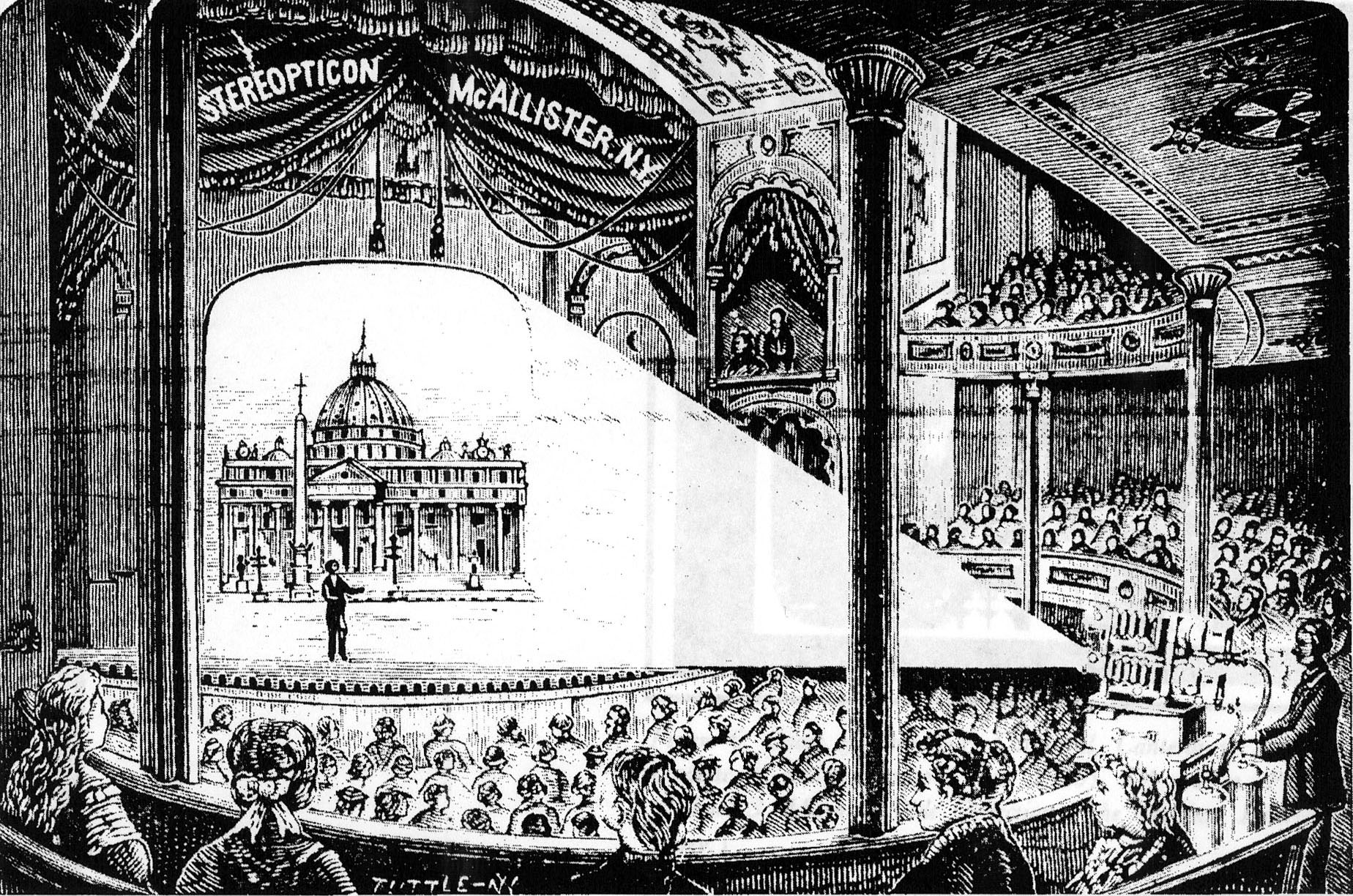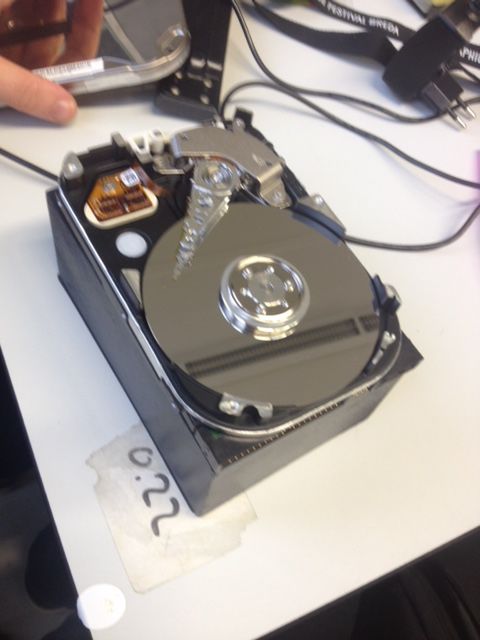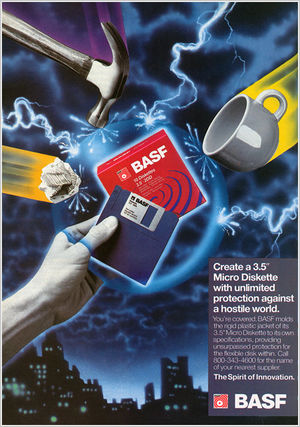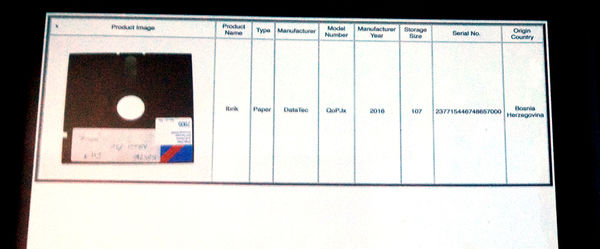User:ThomasW/First Proposal Outline v2
Old version that got to crowded Old

Ideas, thoughts, WTFDIGM
- Formats: How does the formats dictated your making, collecting,curating memory's?
- If there was a issue with papyrus and paper, what makes bit root +++ different?
- Do people care and what happens with the fait in the utopic power of tech when they fail for people?
- Why do I care?
- Memory is not history
Thesis things
- How does the 2 and 3 law of Thermodynamic relate to storing of information? ++++
"Knowledge on the edge of oblivion 10.10.15 "
During my research for graduation show I would like to investigate For my graduation at the Piet Zwart I want to make a collection of new and old storage medias and platforms that will tell the different story of its failure and why we can not fully trust them as a safe place to put your history and memory’s.
Archives takes time, energy and it is sure not to last. Now we get sold easy solutions that never tells us the truth, that storing is hard and maintaining an archive of text and images are something that one need to think about and not something that can be put a place and hope for easy retrieval in the future.
“We have the capacity to store everything for possible recall, but these same extended memory technologies are capable of generating oblivion in other ways—not least of which is through the technology.” (Gabrys, 2007, p120-123 )“
Introduction
Today we are promised instant relocation and life time storage for free. But nothing is free and how does the it effect our connection to what we make? And how does its supposed easy saving makes us think on the value of what we make and store? Maybe an off-line archive that is under curating by people them self is the better solution? My interest in the topic of finding and spread information and knowledge started really early, since I raiding the school library at the age of nine for technology and history books. Later made me make a computer video game magazine project, when I was 13 years old. Collection images, writing reviews, I had folders of images and text and project files. But even how careful I saved them, moving them around from computers to floppy disks to other computers, it all got lost somewhere, stuck on old drives or broken floppy disks, or maybe I myself deleted them thinking they had no future value...
Now its not computer games, but history itself that is in danger, we put information onto platforms that we say it will archive for ever, “they tell its safe and saved, don’t think about, its safe with us” but history tells us that a platform never stays forever. From papyrus or the next “cloud” services
“Your data maybe safe for tomorrow, but what about a 50 or 100 years from now? And is it really that important? “Digital is the paradigm for content and quantity of information; analogue is the paradigm for usability and interfacing.” (Ludovico,2013,p151) Printed books can last hundreds of years if they are not exposed to fire, water, war and the stupidity of man, but a digital text can disappear and be left unaccessible in the future on the reasons like, unsupported file formats, dead storage media or defunct “cloud” services or new EULAs that deny you access to decide for yourself to save or delete. Cloud services are now often put forward as a solution for your storage problems, but they can never guaranty that they still be in business in one months time to a 100 years time and by using the “cloud” as a metaphor it makes it even harder for most people to understand what “the cloud” really is.
“Cloud storage is so popular, you’d be forgiven for thinking that the old-fashioned back-up drive is simply a museum piece. But if you ask users of the most popular, consumer-focused cloud storage services, you’ll get an earful. Security worries, problems syncing, missing folders, and update errors, are the kinds of issues consumers reported to FixYa, a popular Q&A site.” (Snyder, Online, cio.com)“
But by looking back at history, no “format” have truthfully been everlasting without a constant supervision and copying of its content over to new formats and by just having it on one place, it will never be stable if ever stable but by the aware how things work and being the one that decides whats stays and what gets deleted, we can control your future and past better.
Recent observations
“In 1961, the British science fiction author Arthur C. Clarke suggested that “any sufficiently advanced technology is indistinguishable from magic.” (Feigelfeld, 2015, Online)“
 |200px
|200px
Technology is becoming more distant from the peoples understanding of it, the first to start using a technology know more about how it works than those who become acquainted later. Most computer and computer storage technology’s are mysterious. Its hidden away in black boxes, warning labels and security screws and hyper-bull marketing words. Loss of control of the personal archive means a loss of societal control of the cultural record. (Abreu, 2008, Online) Marketing often use words like “life-time” for storage technology and systems. The technology industry have always been “fetishising the notion of optimization” From paper medium to the cloud, there has always people looking for quick solutions
“paper was introduced during the ninth or tenth centuries, and the first paper found there is of the oriental type (called bombykinon or bambakeron). The fact that is was cheap than and other material gradually gave it ascendancy, but its rapid deterioration was a matter of great concern to the monks” (Fernando, 2008, p95) x “I am afraid that future theorists and historians of computer media will be left with not much more than the equivalents of the newspaper reports and film programs from cinema first decade. They will find that analytical texts from our area recognize the significance of computers take over of culture, yet, by and large, contains speculations about the future rather then a record and theory of the present. (Manovich,2001, p6-7)“
Rather than getting caught up in speed, then, we must analyze, as we try to grasp a present that is always degenerating, the ways in which ephemerality is made to endure. What is surprising is not that digital media fades but rather that it stays at all and that we stay transfixed by our screens as its ephemerality endures. (Hui Kyong Chun, 2008, p171 )
Possible outcome
- The outcome will exist in a collection of different storage medium that all will tell the tail of its own short comings. Like a small six cm tall box located on a table with one drive ontop The drives will be mounted on the top of the small box. Rue the old had-drives there will be story’s transmitted true the drive as audio as the drive is rewired to act like a speaker.
I want the people to get close to the drives to hear whats going on. You will only be able to hear noise from a far, but to hear whats being told, you need to get close to the drives. By letting the audience look at the drive close, it may help people better understand how the drive worked

Relation to previous practice
“It must be understood that as long as art stand aside from the problems of life it will only interest a very few people.” (Munari,1966, p25)
During my Bachelor I made a project called “The Library of Babe” based on the short story by the same name by the author Jorge Luis Borges. This project was made on the topic of “bit-rot” in text documents. The project got my really interesting in the long term storage of information and how we as society deal with it. A tread that go true my previous projects are always small or bigger ideas or knowledge that is outside peoples interest and understanding and something I find thrilled an interest to try to communicate.

In my previus year at Piet Zwart I made the project [Imagery Storage Media]
Since the turn of the century with invention of mechanical and electronic storage devices for information there have been a lot of promises of the durability from their inventors. The computer industry is 50 years of overprecise and under-delivery. If the computer industry can make hyper bull, why not make up your own encyclopaedia of imagery storage formats? With my random generating encyclopaedia of imagery storage formats I want to make fun of the computer industry and putting a question out to people, If the new formats are so good and as stable as they are being told they are, can they really believe it? The industry have more and more turn over to wanting people to store information on “cloud services” and away from physical formats. But the promises still persist, “We Will Store It Securely For A Life Time”*
“The design artifacts you leave behind will be your ultimate legacy" (Beirut ,2006, p6)
Conclusion
Things to come
Bibliography
- Gabrys, Jennifer (2007) DIGITAL RUBBISH a natural history of electronics, Paperback , United States of America ,The University of Michigan Press
- Ludovico, Alessandro (2013) Post Digital Print, Onomatopee
- Munari, Bruno, Design as Art (1966) England, Penguin
- Feigelfeld, Paul (2015) Media Archaeology Out of Nature: An Interview with Jussi Parikka, e-flux.com [Online] Available: http://www.e-flux.com/journal/media-archaeology-out-of-nature-an-interview-with-jussi-parikka/ (Accessed:28.05.2015)
- Beirut, Michael, Drenttel, William, William, Steven (2006) Look Closer Five, Critical Writings on Graphic Design, New York, Allworth Press
- Manovich, Lev, (2001) The Language of New Media, United States of America, The MIT Press
- Baez, Fernando (2008) A Universal History of the Destruction of Books: From Ancient Sumer to Modern-day Iraq, Atlas & Co.
- The Enduring Ephemeral, or the Future Is a Memory Author(s): By Wendy Hui Kyong Chun Source: Critical Inquiry, Vol. 35, No. 1 (Autumn 2008), pp. 148-171 Published by: The University of Chicago Press Stable URL: http://www.jstor.org/stable/10.1086/595632 . Accessed: 22/09/2015 09:06
- Abreu, Amelia (2015) The Collection and the Cloud, The New Winquiry [Online] Available: http://thenewinquiry.com/essays/the-collection-and-the-cloud/ .(Accessed:10.10.2015)


